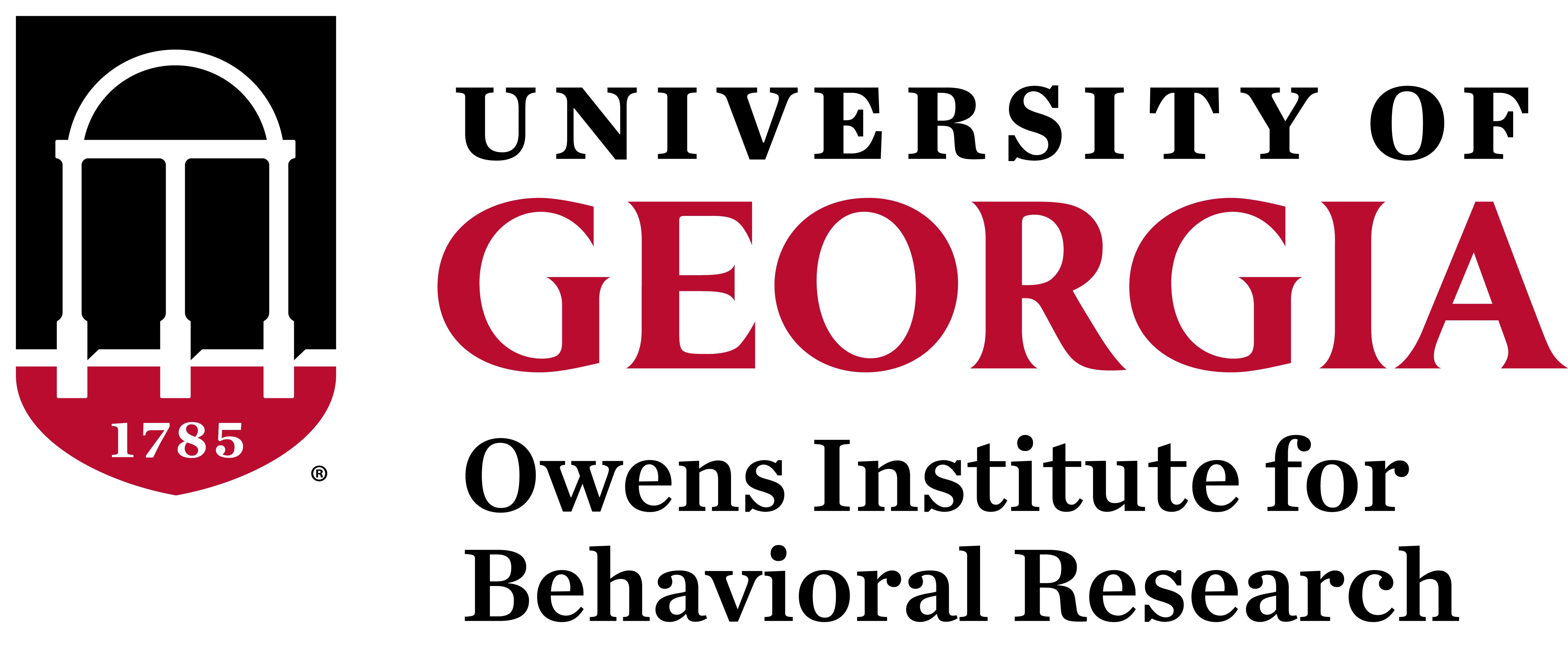From Burnout to Balance: Understanding Workaholism with Malissa Clark

In today’s fast-paced world, the pressure to always stay connected to work is unmistakable. Many believe that competing with top professionals requires embracing long hours and an intense work ethic. However, Malissa Clark, OIBR Distinguished Scholar and Associate Professor of I/O Psychology at the University of Georgia, challenges this notion in her groundbreaking book, “Never Not Working.” Clark, a leading researcher on overwork culture, argues that this mindset is both harmful and ineffective for individuals and organizations.
The Illusion of Productivity
The societal and organizational endorsement of busyness and overwork is evident in both explicit demands, such as Elon Musk’s call for “long hours at high intensity,” and in subtler cultural norms that promote constant connectivity through technology. Clark’s research reveals that this behavior does not equate to higher productivity. A meta-analysis conducted by Clark found no significant relationship between workaholism and job performance. This startling finding challenges the ingrained belief that more work equals better results.
Understanding Workaholism
Clark examines the core of workaholism, presenting an in-depth definition that dispels common misconceptions. She emphasizes that simply working long hours does not make one a workaholic. The phenomenon is more about an unhealthy obsession with work to the detriment of one’s well-being and personal life. Through her extensive research, including 50 interviews with spouses of workaholics and members of Workaholics Anonymous, Clark highlights the detrimental effects of this obsession on mental and physical health, relationships, and overall job performance.
Strategies for Recovery
A notable feature of “Never Not Working” is Clark’s practical advice for overcoming workaholism. She introduces the concept of “working light,” where individuals incorporate work into leisure activities to reduce its perceived burden. For example, one interviewee justified working while enjoying a glass of wine, thinking it made the task less arduous. Clark herself admitted to working while watching TV, acknowledging that this approach hindered genuine relaxation.
To counter these tendencies, Clark recommends several actionable steps:
- Set Boundaries with Technology: Turn off email notifications outside work hours and remove work apps from your phone.
- Model Healthy Behavior: Leaders should avoid sending emails on weekends and encourage their teams to take breaks.
- Foster a Positive Work Culture: Organizations should rethink what they value and reward. Promotions and praise should focus on the quality and impact of work rather than the number of hours worked.
Organizational Changes
Clark also explores how organizations inadvertently promote workaholism by rewarding employees who spend the most time in the office. To counteract this, she suggests that leaders should foster a culture focused on creativity and strategic thinking instead of one driven by constant crisis and urgency.
Personal Insights and Reflections
Clark shared her journey and the challenges of writing her book. Despite her extensive academic background, she found the process of gathering personal stories from workaholics and their families both enlightening and validating. Her connection to the topic is deeply personal, as she identified her tendencies towards workaholism early in her career.
Conclusion
Clark envisions several changes for the future of workaholism:
- Reduce Workweek Hours: While technology has increased efficiency, we remain bound by the century-old 40-hour, 5-day workweek. Henry Ford’s introduction of the five-day workweek in 1926 was once revolutionary. Today, the movement toward a 4-day workweek may seem similarly bold, but perhaps it’s simply overdue.
- Focus on Output Over Input: Shift away from measuring performance by long hours.
- Redefine the Ideal Worker: We currently view the ideal worker as someone who prioritizes work above everything else, puts in long hours, and is always available no matter the day or time. Let’s celebrate employees who produce good products but also take care of themselves and their well-being.
“Never Not Working” is not just a book; it’s a call to action. Malissa Clark’s research and insights provide a vital roadmap for individuals and organizations to recognize and overcome the unhealthy patterns of overwork. By adopting the strategies she outlines, we can move towards a healthier, more sustainable relationship with work, where productivity and well-being go hand in hand.
Written by: Andrea Horsman
